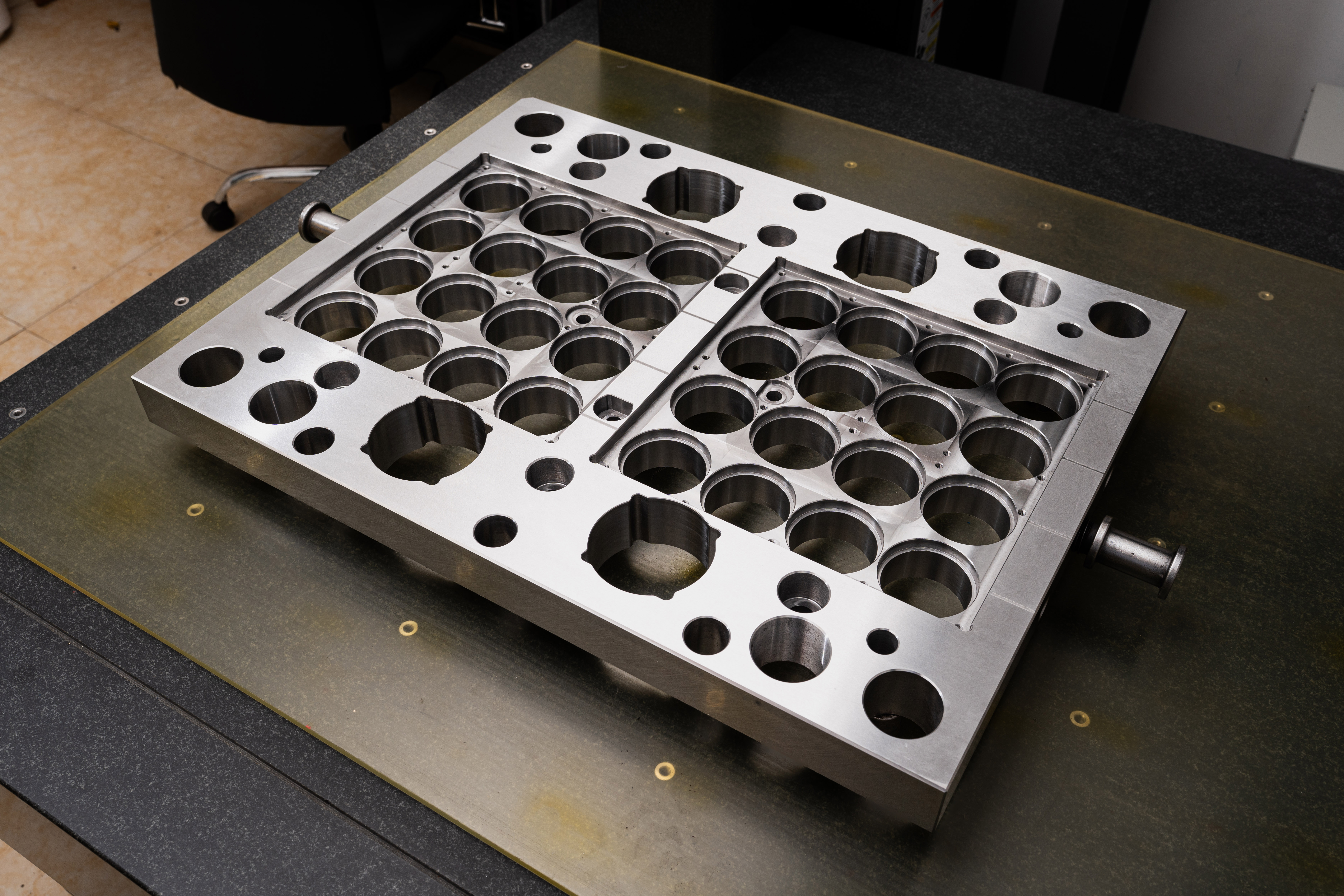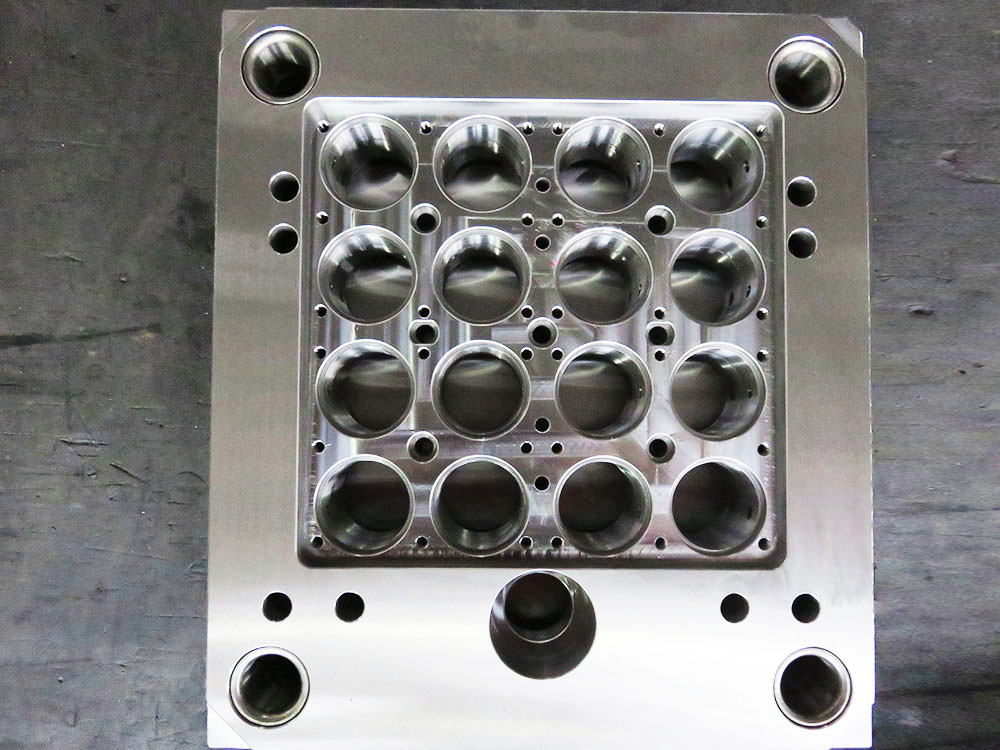Mold Base Industry
The mold base industry is a crucial component of the manufacturing and engineering sector, providing the foundation for the production of various molded products. Mold bases are essential components used in the injection molding process, which involves creating products by injecting molten material into a mold cavity. The industry encompasses the manufacturing, design, and distribution of mold bases, which play a vital role in determining the overall quality and efficiency of the molding process.
Role and Importance of Mold Bases
Mold bases serve as the framework or support system for molds used in injection molding. They provide the necessary structure, alignment, and support to ensure precise molding and consistent product quality. The design of a mold base depends on factors such as the complexity and size of the final product, the type of material being molded, and the production volume required.
One of the key functions of mold bases is to enable proper alignment of the mold components, including the mold cavity, core, and other inserts. Precise alignment is essential to avoid any defects or dimensional inaccuracies in the molded product. Mold bases also facilitate efficient cooling and ejection systems, which help in reducing cycle times and improving productivity.
Types of Mold Bases
The mold base industry offers a wide range of mold base types to meet different molding requirements. Some common types include:
1. Standard Mold Bases: These are pre-designed, modular mold bases that can be easily customized by adding or removing components. Standard mold bases are cost-effective and widely used in industries where frequent mold changes or customization is required.
2. Custom Mold Bases: These are tailor-made mold bases designed specifically for a particular project or product. Custom mold bases offer more flexibility in terms of design and functionality, enabling manufacturers to meet unique molding needs.
3. Specialty Mold Bases: Specialty mold bases are engineered to cater to specific molding applications, such as high-precision molding, multi-cavity molds, or automotive industry requirements. These bases are designed to provide enhanced accuracy, stability, and durability.
FAI Architecture in Mold Base Industry
FAI (First Article Inspection) architecture, also known as first-off or sample inspection, plays a critical role in the mold base industry. It involves conducting a thorough examination and dimensional verification of the first manufactured product using the mold base. FAI ensures that the mold base has met the required specifications, tolerances, and design intent before proceeding with full-scale production.
The FAI process typically involves verifying the dimensions, surface finishes, and functional aspects of the first molded product. It helps identify and rectify any issues or discrepancies in the mold base, ensuring that subsequent production runs will meet the desired quality standards.
FAI architecture forms an integral part of quality control in the mold base industry. By conducting comprehensive inspections at the initial stage, manufacturers can detect and resolve potential problems early on, minimizing the risk of defective products and costly rework.
The Future of Mold Base Industry
The mold base industry is constantly evolving to meet the changing demands of the manufacturing sector. Advancements in materials, design technologies, and manufacturing processes continue to reshape the industry landscape.
Future developments in the mold base industry are expected to focus on enhancing precision, durability, and customization capabilities. The integration of advanced technologies such as additive manufacturing (3D printing), computer-aided design (CAD), and simulation software will further streamline the mold base design and manufacturing processes.
Additionally, there is a growing emphasis on sustainability and eco-friendly practices in the manufacturing industry, which is likely to influence the mold base industry as well. Manufacturers are exploring innovative techniques and materials to minimize waste, reduce energy consumption, and improve the overall environmental impact of mold base production.
In conclusion, the mold base industry holds a crucial position in the manufacturing sector, providing the foundation for the production of various molded products. The industry's focus on precision, customization, and continuous improvement ensures that mold bases meet the stringent quality standards required for successful injection molding processes. With ongoing advancements in technology and increasing environmental concerns, the mold base industry is poised for further innovation and growth in the years to come.




